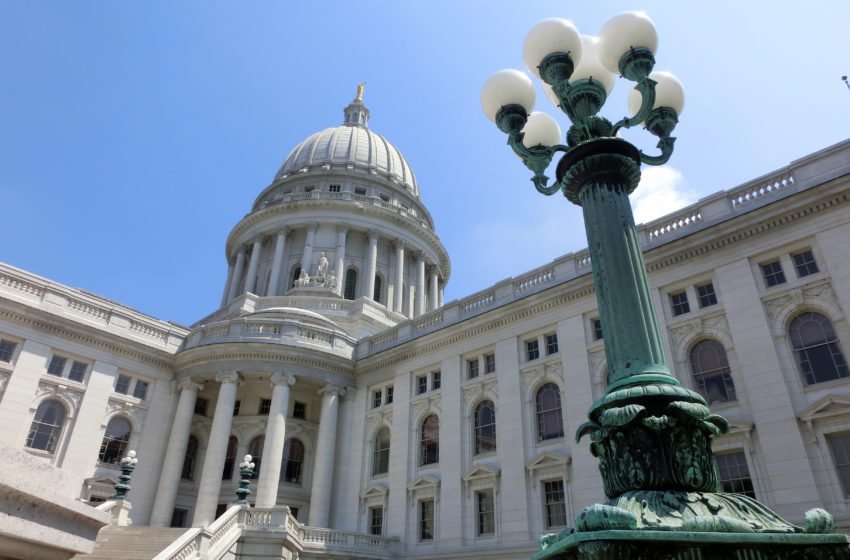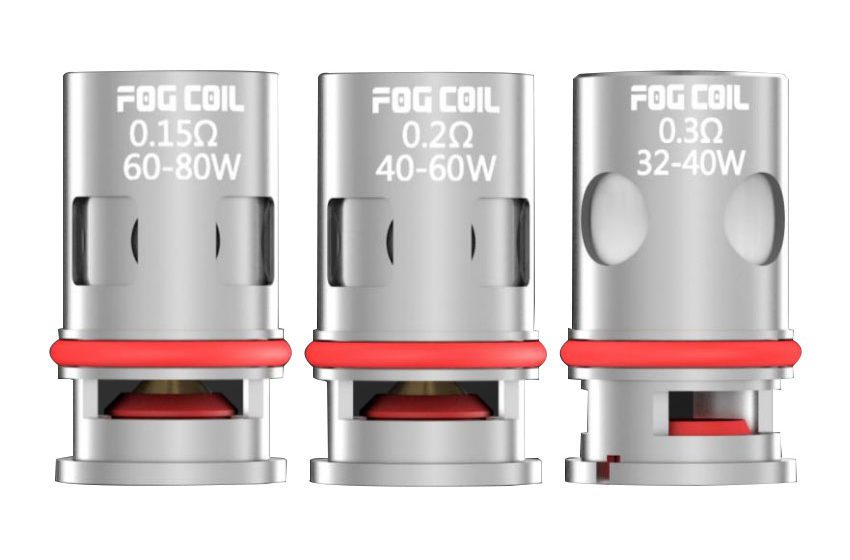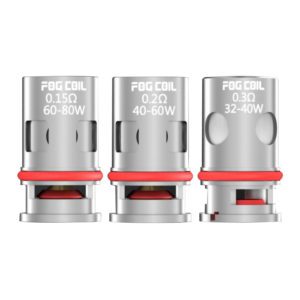
The government of Canada has opened public consultation on the Tobacco and Vaping Products Act (TVPA) ahead of its mandatory parliamentary review. Stakeholders can provide input until April 27, 2022.
In 2018, the TVPA was amended to protect youth and nonsmokers. The amended act recognized that vaping was significantly less harmful than smoking, and smokers that switched to vaping could reduce their exposure to thousands of chemicals. The Act introduced measures to protect youth through various labeling and promotion regulations.

Tobacco harm reduction advocates welcomed the consultation. “Vaping has helped millions of smokers quit and has the potential to help millions more if it weren’t for the misrepresentations of the industry by media and misperceptions surrounding the product itself. It is imperative that Parliamentarians have the opportunity to hear from a wide range of experts as part of the TVPA review process,” said Darryl Tempest, government relations advisor to the Canadian Vaping Association (CVA)
Health Canada’s discussion paper states, “For adults who smoke, there appears to be a lack of awareness that vaping products are a less harmful source of nicotine for those who currently smoke and switch completely to vaping. A 2020 survey found that only 22 percent of current smokers recognized that vaping is less harmful than smoking cigarettes.”
In its consultation submission, the CVA will urge Health Canada to rectify this through the issue of relative risk statements for approved use by licensed specialty vape shops. In 2018, Health Canada proposed a “List of Statements for Use in the Promotion of Vaping Products.” According to the CVA, this proposal has been put on the back-burner and has languished in Health Canada’s bureaucracy to the detriment of potential public health gains from smokers switching to vaping.
“Instead of issuing reasonable statements for use by specialty vape shops, the TVPA has effectively gagged the vape industry through Section 30.43,” the CVA wrote in a press release. Section 30.43 prohibits “the promotion of a vaping product in a manner that could cause a person to believe that health benefits may be derived from the use of the product or from its emission or by comparing the health effects arising from the use of the product or from its emissions with those arising from the use of a tobacco product or from its emissions. The purpose of this prohibition is to prevent the public from being deceived or misled with respect to the health hazards of using vaping products.”
“The CVA looks forward to actively participating in the review process and will advocate for enhanced measures to protect youth, as well as increased smoker targeted messaging on the benefits of switching to vaping. We encourage all stakeholders to submit feedback,” said Tempest.


















